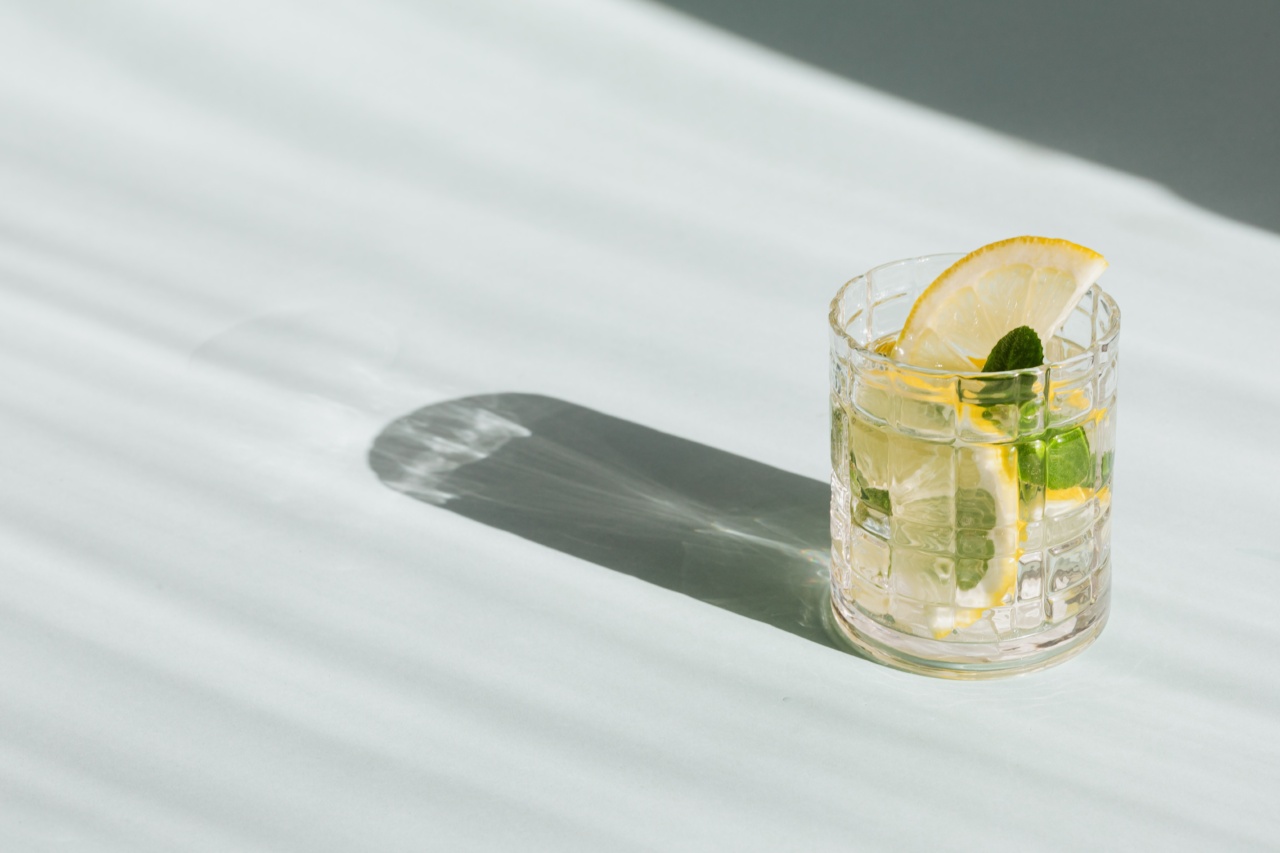Breastfeeding is widely recognized as the ideal way to nourish and bond with your baby. It provides essential nutrition, boosts the baby’s immune system, and offers numerous health benefits for both mother and child.
However, when it comes to consuming alcohol while breastfeeding, caution needs to be exercised. Alcohol can have a negative impact on an infant’s health and development, making it important for nursing mothers to understand why breastfeeding and alcohol don’t mix.
Understanding Alcohol and Breast Milk
When a breastfeeding mother consumes alcohol, a certain amount of alcohol will pass into her breast milk.
The concentration of alcohol in breast milk is similar to the concentration in the mother’s bloodstream, with peak levels occurring approximately 30 to 60 minutes after consumption. The alcohol then diminishes as it is metabolized and eliminated from the mother’s body.
Effects of Alcohol on Infants
Alcohol is a known depressant that affects the central nervous system. When consumed by infants, even in small amounts through breast milk, it can have detrimental effects on their development.
1. Impaired Motor Development
Exposure to alcohol through breast milk can impact an infant’s motor development. It can cause slower muscle response, delays in achieving motor milestones, and overall decreased coordination.
Since motor skills play a crucial role in a child’s physical development, it’s important to avoid exposing them to alcohol.
2. Altered Sleep Patterns
Infants breastfed after the consumption of alcohol may experience disrupted sleep patterns. Alcohol in breast milk can affect the quality and duration of their sleep, leading to frequent waking and restlessness.
3. Decreased Milk Intake
Infants may consume less breast milk if it contains alcohol. The taste and smell of breast milk can change due to the presence of alcohol, resulting in the baby being less interested or even refusing to feed.
This can lead to inadequate nutrition and hinder the baby’s growth and development.
4. Cognitive and Behavioral Effects
Exposure to alcohol during breastfeeding can influence an infant’s cognitive and behavioral development. It may contribute to learning difficulties, attention deficits, and behavioral problems later in life.
The developing brain is particularly vulnerable to the effects of alcohol, making it crucial to avoid exposing infants to its presence in breast milk.
Safe Timeline for Breastfeeding After Consuming Alcohol
It takes time for alcohol to leave a mother’s system, ensuring the milk is no longer affected. The general rule is that if a woman is sober enough to drive, she is sober enough to breastfeed. However, there are some factors to consider:.
1. Moderation and Timing
Limiting alcohol consumption and timing it right can minimize the risk to infants. It is recommended to have a maximum of one standard alcoholic drink per day, if chosen to consume alcohol while breastfeeding.
Consuming alcohol just after breastfeeding or expressing milk ensures a longer gap between consumption and the next feed.
2. Pump and Dump
Many nursing mothers may choose to “pump and dump” their breast milk after consuming alcohol to discard the milk containing alcohol and maintain a fresh supply.
This is an option if the mother wishes to maintain her milk supply and ensure her baby receives only alcohol-free breast milk.
3. Seek Support and Guidance
Consulting with a healthcare professional or a lactation specialist can provide personalized guidance on breastfeeding and alcohol consumption.
They can help determine the safest approach for each individual mother and baby, taking into account factors such as the mother’s metabolism, the baby’s age, and overall health.
Conclusion
While it may be tempting to indulge in a drink while breastfeeding, it is important to prioritize the well-being and development of the infant.
The negative effects of alcohol on infants’ motor development, sleep patterns, milk intake, and cognitive and behavioral development cannot be overlooked. By understanding the risks and making informed choices, breastfeeding mothers can ensure they provide their infants with the healthiest start in life, free from alcohol’s harmful effects.































